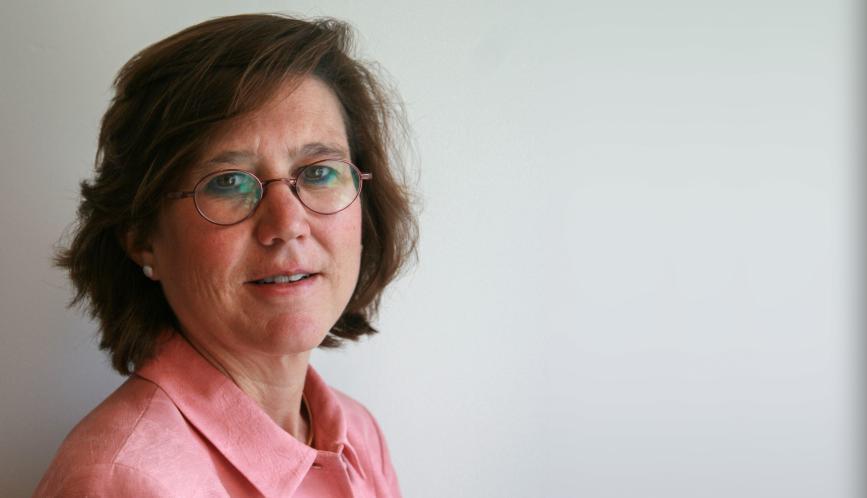Carol Graham, the Leo Pasvolsky Senior Fellow at the Brookings Institution, is a member of our Inequality: Measurement, Interpretation, and Policy network. She is also College Park Professor at the School of Public Policy at the University of Maryland and a Research Fellow at the Institute for the Study of Labor (IZA). Graham is the author of several books, including “Happiness for All? Unequal Hopes and Lives in Pursuit of the American the Dream,” out this week from Princeton University Press.
Describe your area of study and how it relates to current policy discussions surrounding inequality?
I work on the economics of happiness and well-being. I have spent much of my time trying to understand the determinants of well-being in its various dimensions (evaluative, which is how individuals assess their satisfaction with their lives as a whole, and experienced, which is their moods – smiling or worried for example – as they go through their daily activities), as well as what well-being causes. I find that individuals with higher levels of well-being in the evaluative sense are also more optimistic about their futures (these things tend to go together) and, as a result, are more likely (and usually more able) to invest in those futures and then have better outcomes in the health and labor market arenas. But there are deep inequalities in individuals’ capacities to experience both kinds of well-being. Those who are compromised by deep poverty, for example, and for whom daily experience is a struggle typically lack the capacity to think about or plan for the future and, as a result, have worse futures and lower levels of life satisfaction. Inequality is part and parcel of this story, as high levels of inequality can add to the objective barriers by making “success” seem so out of reach that it is not worth trying for. My latest research and new book is on inequality of well-being in the United States, where I find huge gaps in the well-being and faith in the future of the poor and the rich, gaps which are significantly larger than those in Latin America, for example. And the deep desperation and unhappiness in some poor cohorts, particularly poor whites, is now showing up in our mortality rates, which are going up due to preventable deaths such as suicide and opioid addiction among middle aged, uneducated whites. Their desperation is driven by fear of falling behind in a shrinking market for blue collar jobs on the one hand and by the vast differences between their lives and those of the very wealthy on the other.
What areas in the study of inequality are most in need of new research?
I think that the most interesting and least understood element of inequality is how it affects the incentives and confidence of those at the bottom. Experiments suggest that it creates disincentives by making success seem unattainable given that the playing field is so skewed towards those with advantages. But we do not have large survey data evidence on this and we need to understand the extent of the issue as well as the underlying channels better than we currently do.
What advice do you have for emerging scholars in your field?
Always work on what you think is interesting and novel and never fear challenging established paradigms and your work will always be rewarding (if often criticized!)



